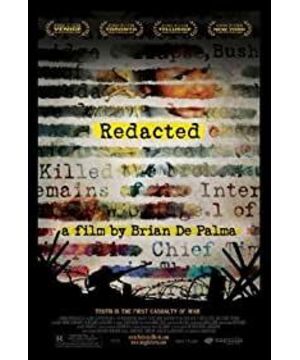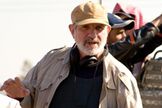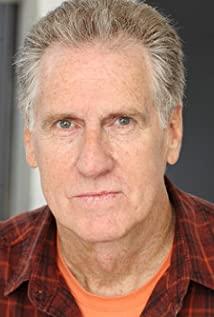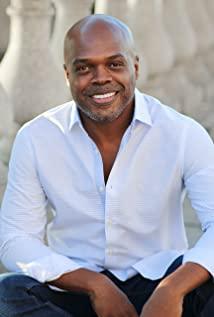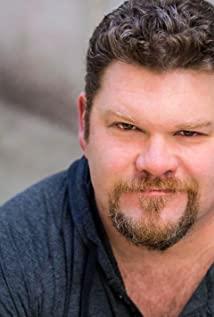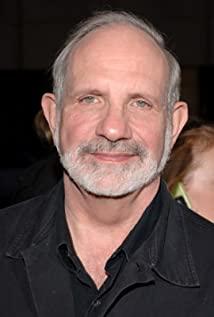The protagonist of the film is a group of American soldiers stationed at a checkpoint in Iraq. They flew from the other side of the earth to this completely unfamiliar country, separated from the gentle social identity of teachers, students, etc., and used their own bullets here. To maintain peace, they kill people and are always in danger of being killed. A soldier who wanted to apply for the film academy after he retired, used his DV to record the typical life of this group of people. Most of the footage of the film is shown through his DV from the perspective of this soldier, and some surveillance videos, chat videos, TV reports, and online videos are mixed in between the shaking shots. The whole film seems to be some unfinished material, piled together, chaotic, with no beginning and no end, and no deliberately sensational climax.
No one told them the meaning of this war, and they did not understand why they were transported to this strange place. Every day here is suffering. Everyone is thinking about when he can retire. Everyday life is on duty, patrol, drinking, and playing cards. The tight nerves make each of them become irritable, no matter before joining the army. How gentle and elegant, full of swear words have become a necessity of life. Under the dual suppression of war and physiology, they gradually lost in the civilized world and began to expose the evil side of human nature. Two alcoholic soldiers broke into an Iraqi home and raped a young girl. She was shot to death in a state that might be out of control. In the process of being investigated by the US military, they denied their actions, perhaps even they did not believe that they did it themselves. Afterwards, Iraqi armed groups retaliated. One of their comrades in arms was kidnapped and beheaded, and the video was posted online.
It seems to be an era of information explosion. When everyone receives information, they have been filtered out. What we have seen or heard may be just an abridged version of Lust Caution. In mainstream TV stations, many pictures are swayed by interests and cannot be seen. What De Palma wants to present to the audience is those pictures that politicians dare not to show. Of course, due to the preset position in this movie, De Palma’s own views are more mixed, and it will not be a completely objective and true panorama. It just gives the public another choice.
At the end of the film, the emotional tendency of this documentary is even more obvious. When the soldier who watched his comrades kill was returning to the country for vacation, he put his arms around his girlfriend and said to the camera in tears, "I'm on vacation now, no more I’ve listened to some bird’s orders. It’s great not to kill. To those officers who gave the order, they are happy, but I’m depressed. It’s great not to kill. I’m a free man now, I just feel relieved. I just want to go home and don't want to go to the battlefield." This shot can be regarded as the only climax of the movie. This is a declaration, a declaration with opinions.
Should we believe everything in this movie? Everything is an excerpt and revision filtered by opinions. Who should we believe? Can a movie that drives oneself to shoot because of a sense of mistrust can be trusted by turning it around? With these pieces of material, what we see are just some mottled landscapes, can we understand everything? Maybe the truth only exists in the philosophical sense.
This is not a good movie, nor is it a bad movie, at least it can make people think about it, and the soundtrack of the opening part is worth mentioning.
View more about Redacted reviews


